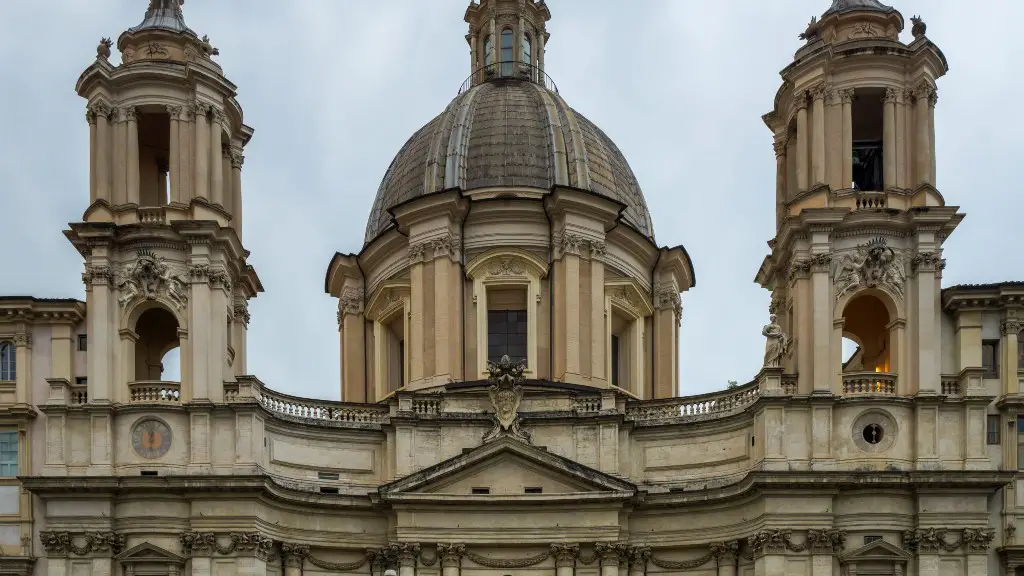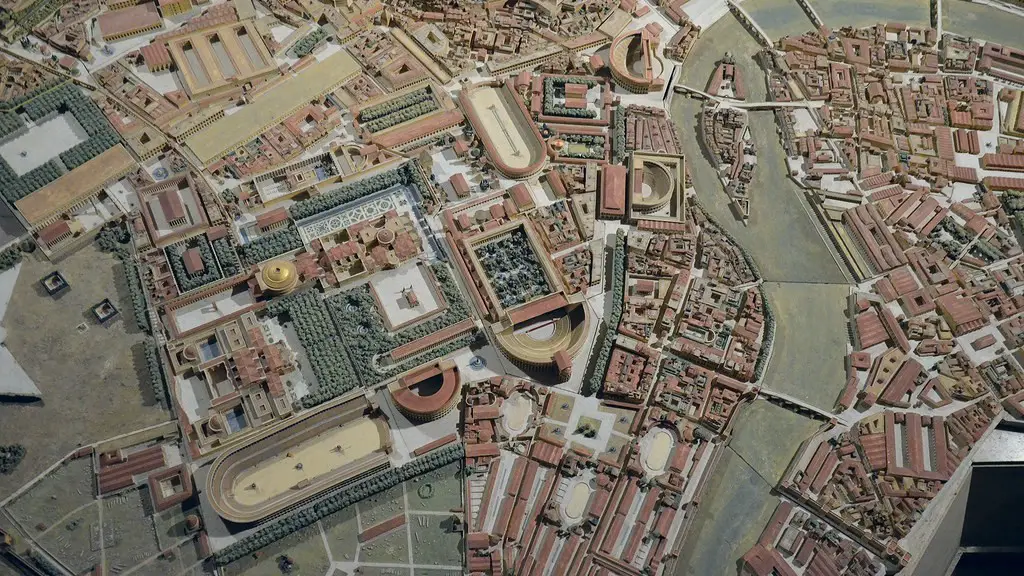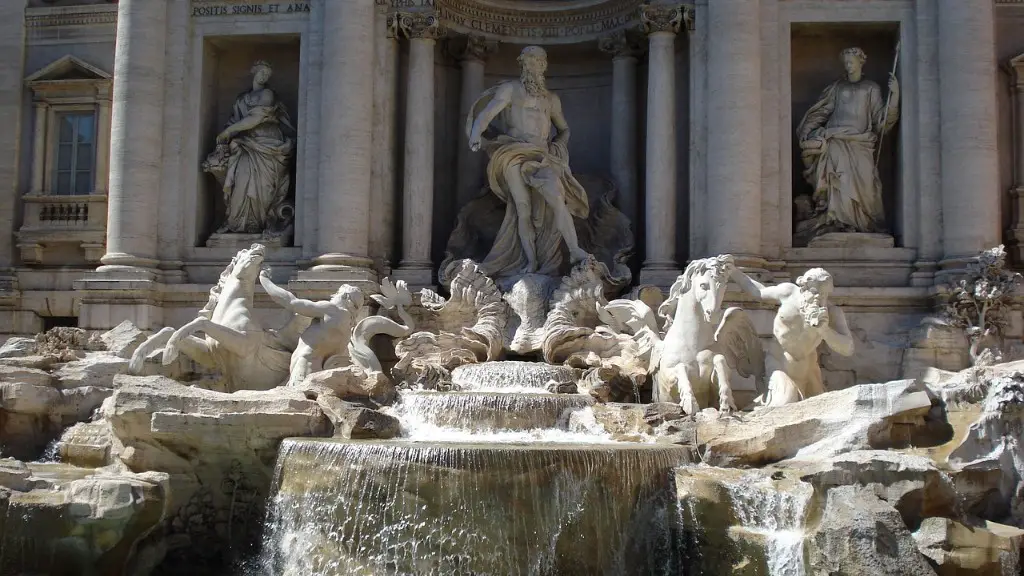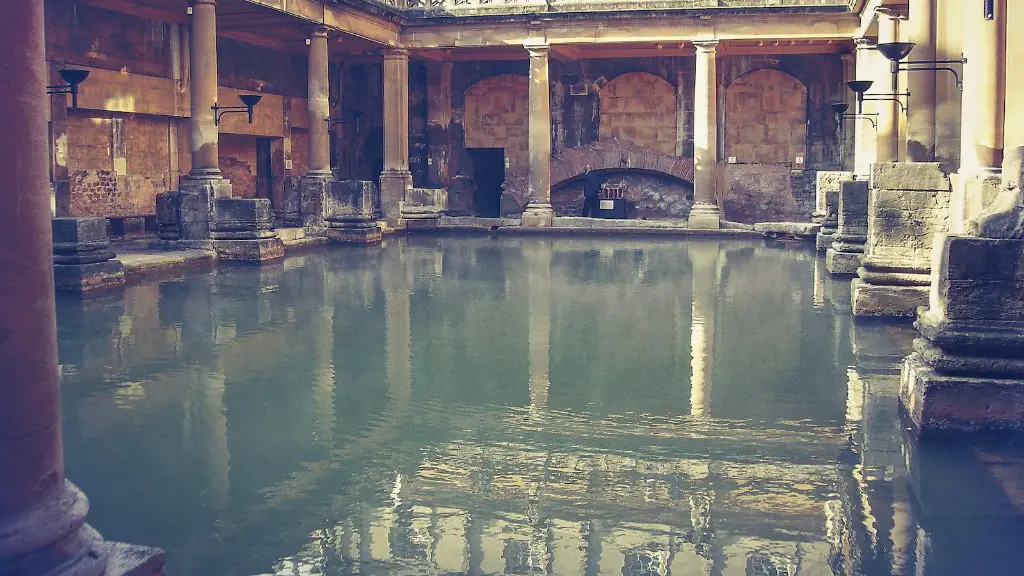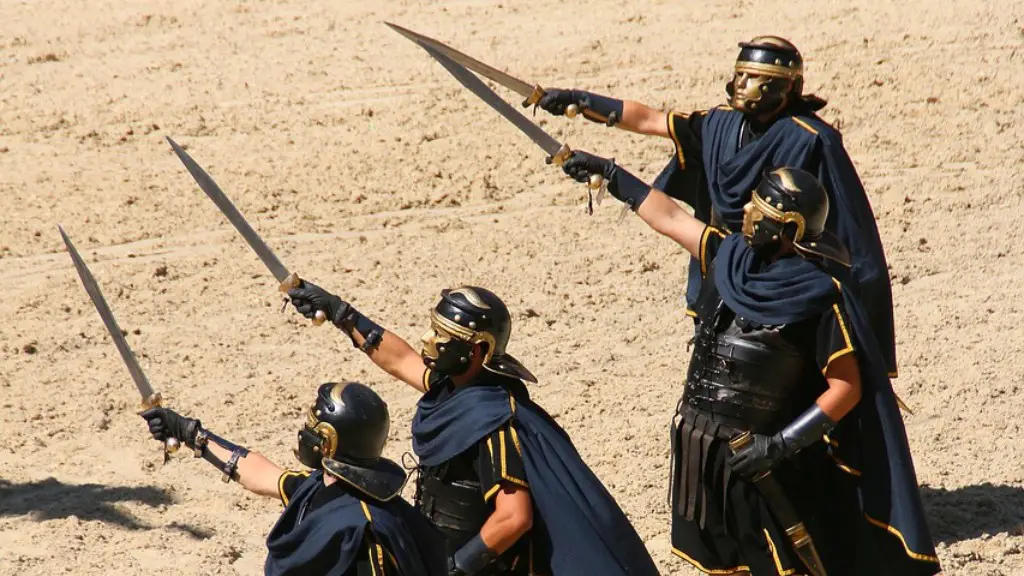The Origins of Assemblies in Ancient Rome
The concept of a gathering of Roman citizens for governmental, religious and social reasons has been attributed by historians to the period of the 6th or 7th century BCE. As Rome moved from a monarchy to a Republic, the citizens transition from being governed by a single Rex to the rule of two consuls.
This shift in power required the need to consult with the Roman population and the creation of assemblies. These assemblies allowed citizens to exercise their right to voice, in a process we call democracy—a powerful political tool used extensively throughout history to empower the people and ensure their views are taken into account when making the biggest decisions.
The day-to-day running of Ancient Rome was divided into two assemblies, the Centuriate Assembly (comitia centuriata) and the Tribal Assembly (comitia tributa). The Centuriate Assembly held a higher degree of power than the Tribal assembly and was reserved for more important matters. The Centuriate Assembly formed in an organized structure with citizens who were divided into classes based on their wealth.
The first session of the Centuriate Assembly was reserved for passing laws and the election of magistrates. Citizens could also raise complaints and discuss matters relating to their legal status, land rights and other related issues. The Tribal Assembly was much like the Centuriate Assembly, however, it was open to all Roman citizens regardless of their rank or status.
Although the two assemblies held different powers, it was rare for them to sway from the decisions of the Senate. The Senate was made up of a few hundred wealthy, politically influential citizens who were traditionally appointed by the consuls. Assemblies typically followed the Senate’s decisions and were most often used as a formality to legitimize their decisions.
Citizens had the right to vote in both assemblies, and the decision-making process was aided by the presence of a popular leader known as the tribune. The tribune was elected by the people and held a great degree of power. The tribune had the authority to veto the decisions of the Senate and could introduce new bills in the Assembly.
It is clear that the assemblies in Ancient Rome played an important role in the life of the citizens. By allowing the people to have a say in the decisions that affected them, Rome was adapting democratic principles even before they were widely used.
Role of the Senate
The Senate played an important role in the life of Ancient Rome, as it served as a decision-making body that held considerable influence over the other assemblies. It was made up of a few hundred citizens who were appointed by the consuls. Although the Senate’s decisions were not always accepted by the other assemblies, citizens often deferred to their decisions for the most important decisions.
Senators tended to be wealthy and influential political figures who had a vested interest in maintain the status quo and preserving the interests of the powerful. As such, the Senate was often seen as a privileged and conservative institution, with its decision-making regarded with suspicion by the lower classes.
However, Senate membership was open to any citizen as they were appointed by the consuls and their decisions were still subject to ratification by the assemblies. As such, their decisions could not be enforced without the consent of the citizens. This safeguard provided an opportunity for the people to make their voices heard and express their opinion on any given decision.
The Senate also had considerable power in terms of foreign policy and military strategy. As the rulers were not always in Rome, the Senate was left in charge of many critical decisions, such as when to go to war and how to manage foreign affairs. Assemblies were not necessarily consulted on every single decision, which left the Senate as the primary decision-making body.
Therefore, although the assemblies provided a platform for the people to have their say, it was the Senate who held the true power in the Ancient Roman Republic. As such, it is no surprise that the Senate has been seen by historians as the driving force behind the decisions in Ancient Rome.
The Role of Religion in Ancient Roman Assemblies
Religion was a major part of life in Ancient Rome, with many religious rituals and ceremonies being interpreted as reflections of the will of the Gods. As such, assemblies and senators incorporated religious considerations into their decision-making process, believing that their decisions should align with the will of the Gods.
Religious ceremonies were often held before and after important meetings, with many of the assemblies being held in or around temples. This was seen as a way to honor the Gods and ensure that their decisions were in line with their will. Furthermore, senators and magistrates were required to swear a sacred oath to uphold the decisions of the assembly and to obey the will of the Gods.
In addition to this, some assemblies also took place during religious festivals. During these meetings, citizens and senators gathered to discuss important matters such as foreign policy and military strategy. This added an element of religion to the proceedings and served to reinforce the notion that even the most mundane of proceedings must be conformed to the will of the Gods.
It was also often customary for citizens to make offerings and sacrifices to the Gods before entering the assembly. This was seen as a way to honor the Gods and express gratitude for their benevolence. As such, religious considerations played an important role in the decision-making process of the assemblies in Ancient Rome.
The Relationship Between Assemblies and The Military
The military was a fundamental part of life in Ancient Rome, with the army’s success being seen as a reflection of the strength and power of the Republic. As such, the assemblies were often intertwined with the army and its successes and failures had a direct bearing on the decisions that were made in the assemblies.
The assemblies were often used to debate and decide on military strategy, with important decisions such as when and where to send troops, being left to the assemblies. This was seen as a way to ensure the citizens had a say in the decisions that affected them and enabled the people to have some control over the military operations that occurred in their name.
Furthermore, soldiers often attended the assemblies in order to demonstrate their loyalty to Rome and their willingness to fight for their homeland. This was a powerful symbol of solidarity with the Republic and was often used to inspire feelings of patriotism amongst the citizens.
The assemblies also proved to be an invaluable tool for military recruitment, as citizens were able to use them to express their opinions on the drafting of new soldiers and the general direction of the army. This enabled the consuls to gain feedback from the people that could be used to their advantage in order to ensure the support of their citizenry.
Therefore, it is clear that the assemblies were linked to the military operations of Rome and their decisions often had far greater implications than simply deciding on laws and policies. Assemblies were a powerful political tool that had a direct impact on the destiny of Rome and its citizens.
The Impact of Assemblies on Life in Ancient Rome
Assemblies played an important role in the life of Ancient Rome, as they provided a platform for citizens to have their say and take an active role in their government. This was a significant shift from the monarchies of the past, which vested all power in a single ruler.
By introducing democracy, citizens were able to make their voices heard and ensure that their views were taken into account when making critical decisions. This gave them a sense of ownership and accountability, which was a fundamental part of the Roman Republic.
In addition to this, the assemblies also provided the people with a forum to discuss important issues in a constructive and secure environment. The presence of the tribune and the oath of office provided a layer of protection and ensured that the rights of the citizens were respected and upheld.
Finally, the assemblies served to legitimize the decisions of the Senate. By allowing the citizens to have their say, even if it was only in a formality, the Senate’s decisions were seen to be more legitimate and held in greater regard.
Therefore, it is clear that the assemblies in Ancient Rome had a profound and lasting impact on life in the Republic. By giving citizens the opportunity to take part in the decision-making process, Rome was able to make the transition from monarchy to Republic and become one of the most powerful and influential empires in history.
